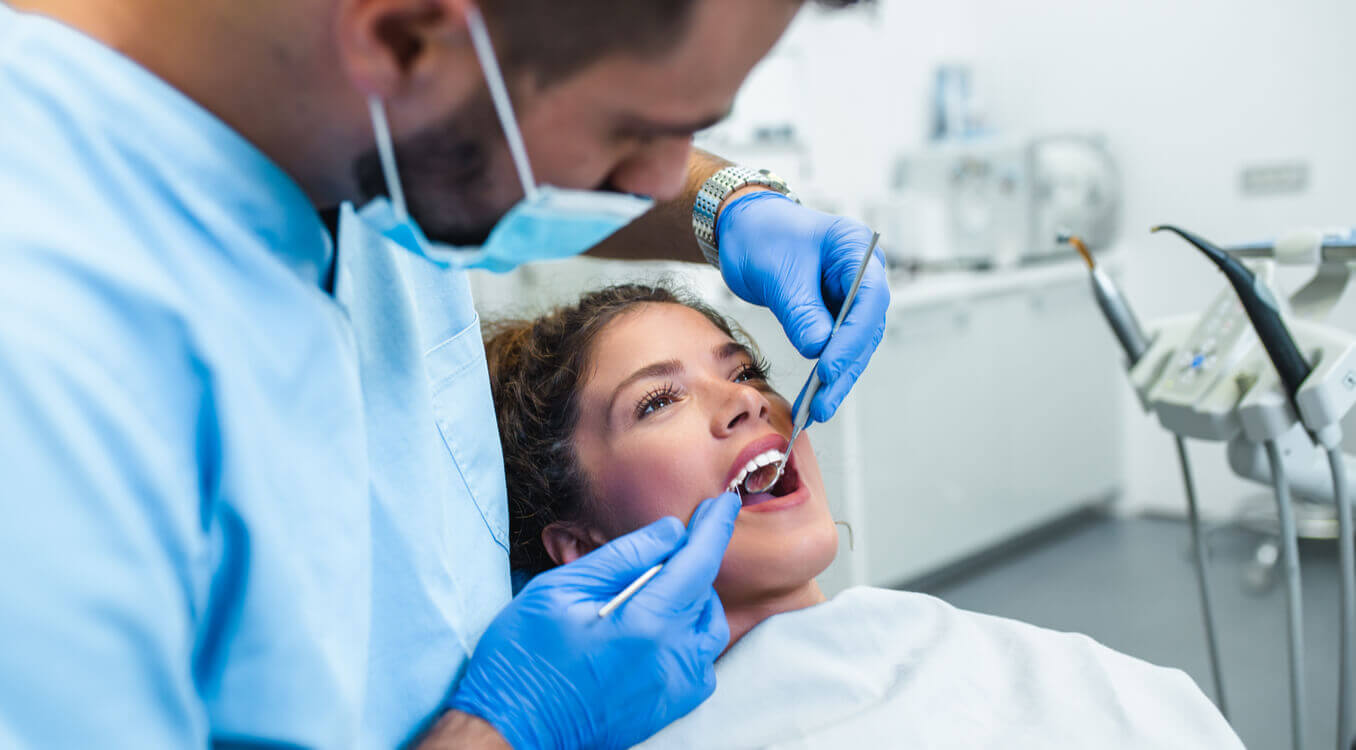Baking Soda Brushing: Why It’s Best Left Off Your Teeth
In the realm of home remedies and DIY solutions, certain practices gain popularity not for their efficacy, but for their novelty and the promise of a quick fix. Among these, using baking soda for teeth brushing stands out as a method that’s been passed down through generations. While it’s hailed by some for its whitening capabilities, this approach to dental care is, frankly, not something your dentist would recommend. Let’s delve into why turning to your kitchen cupboard for dental hygiene might not be the brightest idea.
The Appeal of Baking Soda
First off, it’s easy to see the allure. Baking soda, or sodium bicarbonate, is a household staple, celebrated for its versatility. From baking to cleaning, it seems there’s little this white powder can’t do. So, when tales of its teeth-whitening prowess began to circulate, it’s no wonder many were keen to give it a go. It’s cheap, readily available, and natural – a seemingly ideal alternative to commercial toothpastes with unpronounceable ingredients.
A Closer Look at the Science of Baking Soda
Baking soda is abrasive. That’s where its cleaning magic comes from, whether you’re scrubbing your sink or your teeth. This abrasiveness can indeed help remove surface stains from your teeth, potentially making them appear whiter. However, it’s a double-edged sword. The very property that makes it effective at stain removal can also harm your teeth. Overuse can wear away enamel, the protective outer layer of your teeth, leading to increased sensitivity and a higher risk of cavities.
Enamel Erosion: A Slippery Slope
Enamel is your teeth’s best defence against all sorts of dental woes. Once it’s gone, it’s gone for good. The erosion caused by the abrasive nature of baking soda can lead to a host of problems, from heightened sensitivity to hot and cold foods to more serious conditions like tooth decay. What starts as an attempt to save a few quid on teeth whitening can quickly become a costly affair, with visits to the dentist for treatments you hadn’t bargained for.
The pH Factor of Baking Soda: Not to Be Overlooked
Another aspect worth considering is the pH level of baking soda. Highly alkaline, it can disrupt the natural balance of acidity in your mouth. This imbalance isn’t something to take lightly. The mouth’s environment is delicately balanced to manage bacteria, and disrupting this ecosystem can lead to unwanted dental health issues.
What About Occasional Use?
Now, you might be thinking, “What if I only use it now and then?” Even occasional use can lead to gradual damage over time. Plus, there’s no guarantee that infrequent use will give you the results you’re hoping for. If it’s a brighter smile you’re after, there are safer, more effective methods available that won’t compromise your dental health.
Alternatives Worth Considering
So, what should you do if you’re seeking a whiter smile without the risks? Fortunately, there are plenty of options. Many over-the-counter toothpastes and whitening products offer safe ways to achieve your goals, formulated to minimise harm to your enamel. For those looking for more significant results, professional treatments from a dentist can provide safe, effective whitening with long-lasting results. These options might cost more upfront, but when it comes to your teeth, it’s an investment worth making.
The Bottom Line
The journey to a brighter smile is filled with myths and misconceptions. Baking soda, despite its many uses, is best kept away from your dental care routine. The risks to your enamel and the potential for long-term damage far outweigh the short-term benefits you might achieve. Stick to products and treatments specifically designed for dental care, and you’ll be on your way to a healthier, whiter smile without the unintended consequences. Remember, when it comes to health advice, it’s always best to consult with a professional rather than relying on DIY methods. Your teeth will thank you for it.




